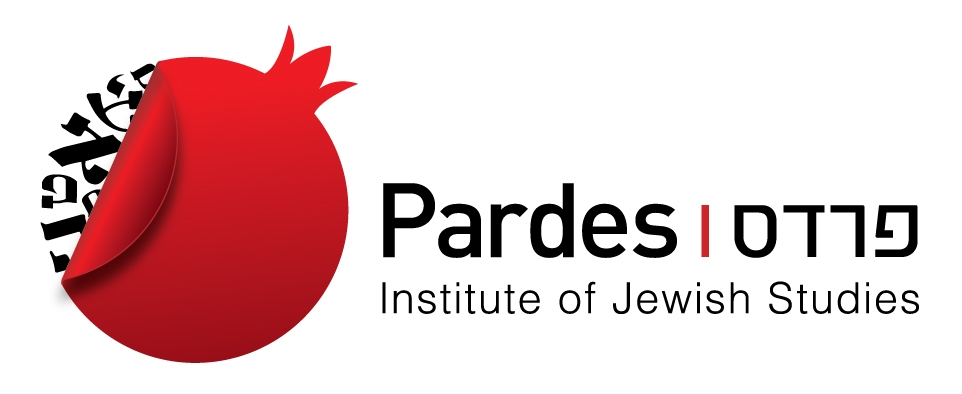Commentary on Parashat Matot, Numbers 30:2 - 32:42
Questions
1. We are told that when a person makes a vow, he or she is bound to fulfill it. What kind of vow is specifically mentioned?
2. Under what circumstances may a minor woman, living in her father’s home, make a vow that stands? Under what circumstances may this vow be voided?
3. How many men from each tribe were armed to go to war against the Midianites?
4. Pinhas was sent out with the men of war. What did he carry with him?

Help us keep Jewish knowledge accessible to millions of people around the world.
Your donation to My Jewish Learning fuels endless journeys of Jewish discovery. With your help, My Jewish Learning can continue to provide nonstop opportunities for learning, connection and growth.
5. Precisely where are the plains of Moab?
6. How were the spoils of war divided between those who went to war and those who did not?
7. Which tribes asked to remain east of the Jordan River, choosing not to go into the Land? What was Moses’ response to this request?
8. God swore that no men who left Egypt that were over the age of 20, with the exception of Caleb and Joshua, would see the Land. Is this, in fact, what happened?
9. What are the two commandments in this week’s parashah?
Answers
1. The specifically mentions promises to God (30:3).
2. If her father hears it and does not disallow it than the vow stands. Her father may void the vow by disallowing it when he hears her make it (30:4-6).
3. 1000 men from each tribe were armed to go to war against the Midianites (31:4).
4. Pinhas carried the holy vessels and the trumpets for the alarm with him (31:6).
5. The plains of Moab are by the Jordan River at Jericho (31:12).
6. The spoils were divided equally between those who went to war and those who did not fight (31:27-30).
7. The tribes of Reuben and Gad requested to stay east of the Jordan (32:5). Moses acceded, on condition that the men in these tribes would go into the land and fight. If they did so, the women and children could stay east of the Jordan, and after the Land was secure, the armed men could return east (32:16-19).
8. No, this is not what happened. Moses saw the land from Mt. Abarim (Deuteronomy 3).
9. The two commandments in the parashah are the law of nullifying vows and the law not to break one’s word in a vow that is made (30:3).
Provided by the Pardes Institute of Jewish Studies.



